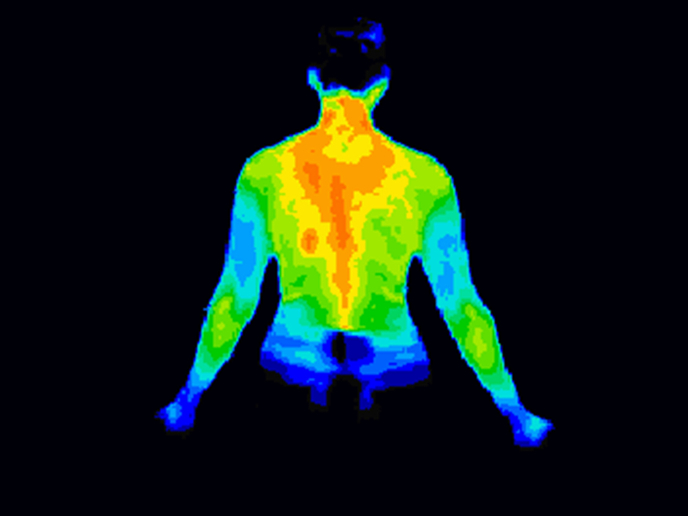Rheumatoid arthritis biomarkers
RA is a heterogeneous disease associated with the chronic inflammation of joints. Patients experience significant joint pain and stiffness, with reduced quality of life and life expectancy as the disease affects the cardiovascular system as well. Research over the years on the disease mechanism has led to dramatic advances in therapies with significant improvement in patient outcomes. To initiate preventive treatment early, biomarkers are needed that can predict an individual’s risk of developing RA. Towards this goal, the EU-funded EURO-TEAM (Towards early diagnosis and biomarker validation in arthritis management) project set out to identify novel biomarkers in the preclinical phases of RA. Considering that a number of genetic, epigenetic and environmental factors are known to drive disease pathology, researchers sought to characterise the processes involved in the induction and persistence of inflammation during the transition from health to disease. For this purpose, they looked within the synovium, lymph node, lung and systemic compartments to understand how immune tolerance is broken and what triggers RA. They also explored stromal cells to study the interaction with leucocytes and their implication in disease onset. By bringing together academic and clinical partners, EURO-TEAM successfully investigated the risk factors implicated in the transition between the different RA phases and determined the ability of biomarkers to predict this transition. They analysed the genetic material, metabolites and antibodies in the blood as well as biopsy samples from RA patients. In particular, they focused on rheumatoid factor and anti-citrullinated protein antibodies (ACPAs) that exhibited an additive prognostic value in RA prediction. To improve ACPA profiling, scientists generated a custom array with peptides detected in RA synovial tissues. Furthermore, anti-carbamylated protein antibodies proved to be useful biomarkers for predicting RA in later phases while RA patients also presented a distinct metabolic profile. Using a comparative micro-CT analysis of the bone microstructure, researchers concluded that structural bone damage is an early indication before the clinical onset of arthritis. Considerable effort went into raising public awareness about the risk and susceptibility to RA. This is central for predictive testing and the prompt administration of preventive treatment.







